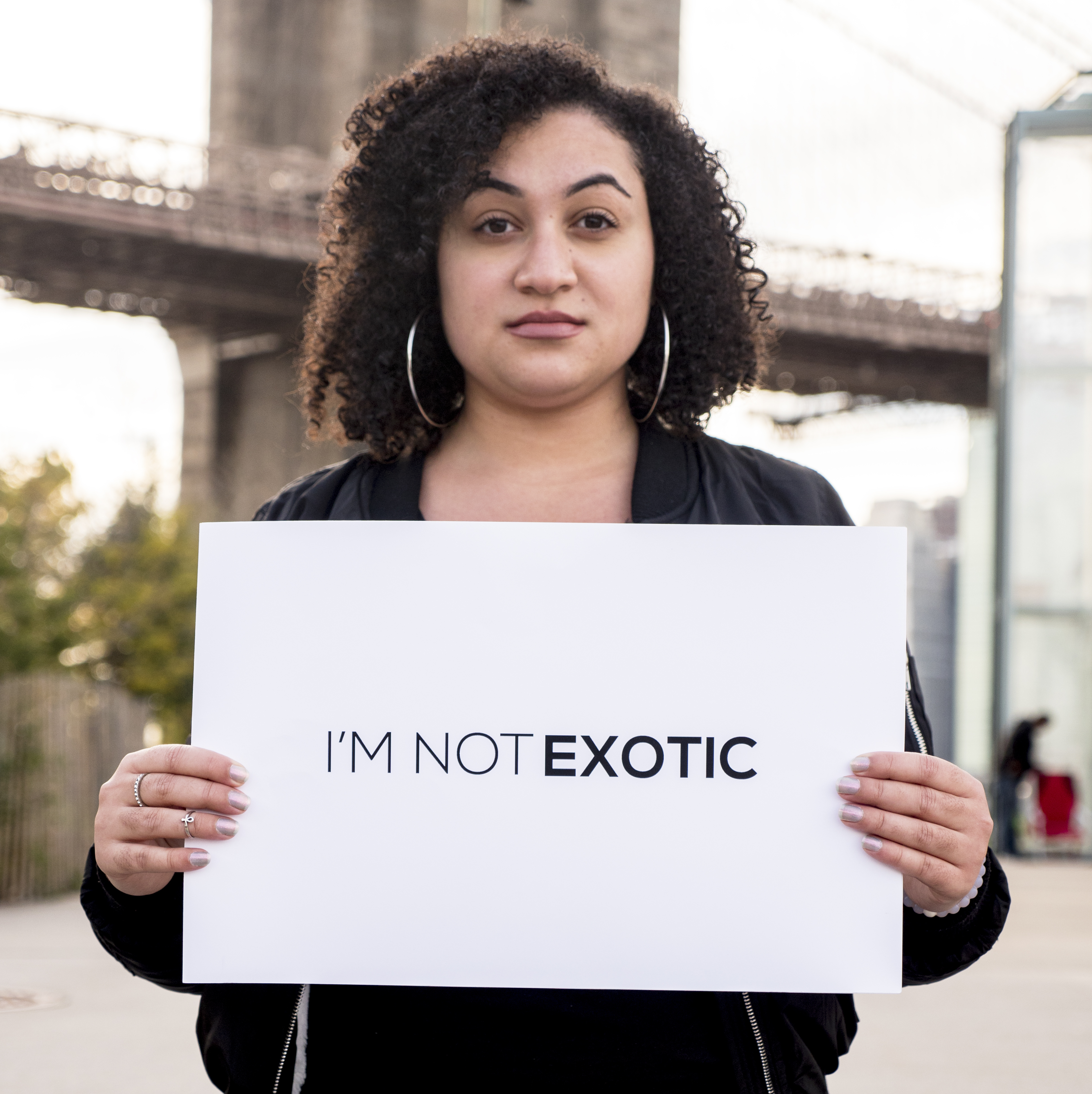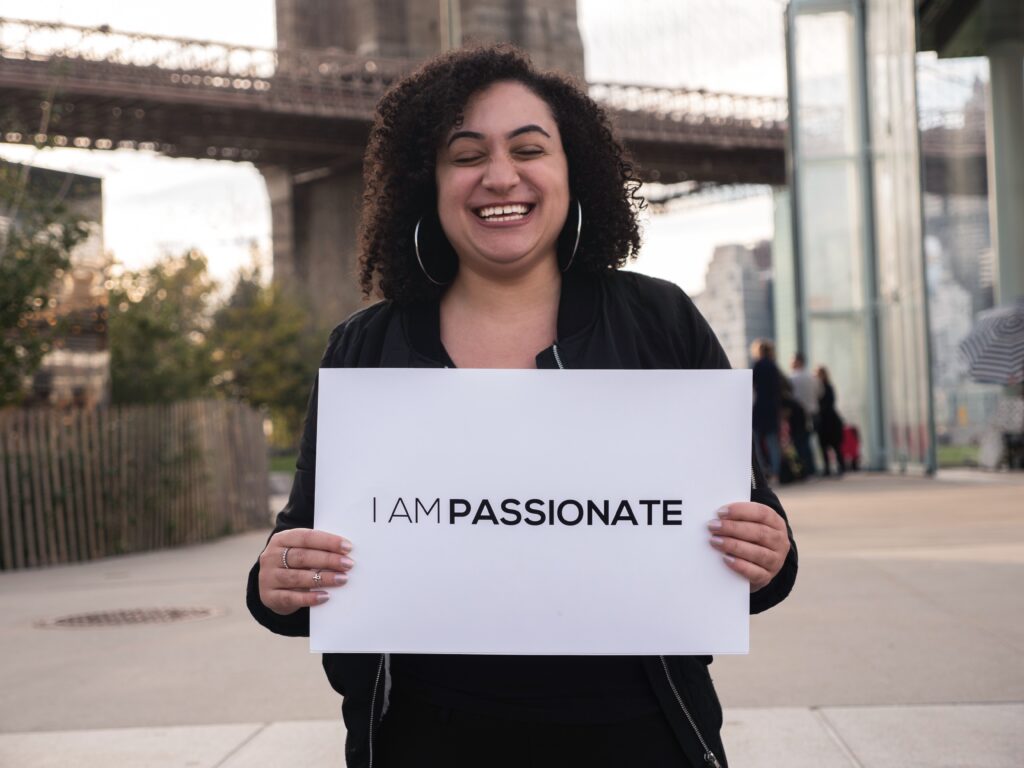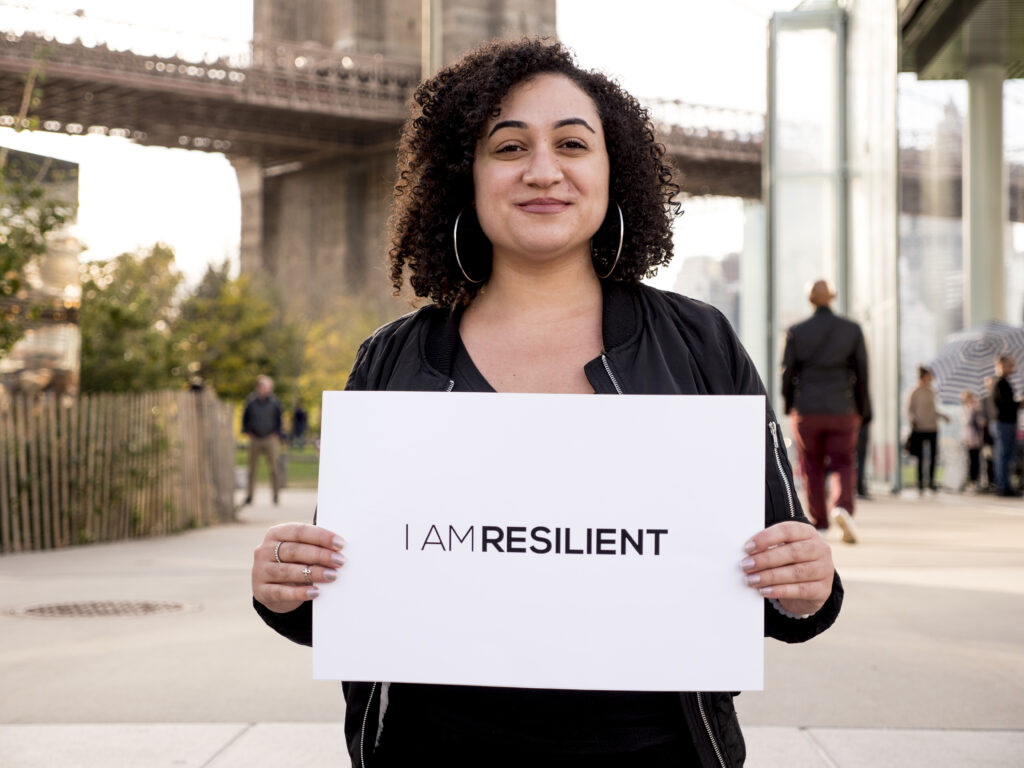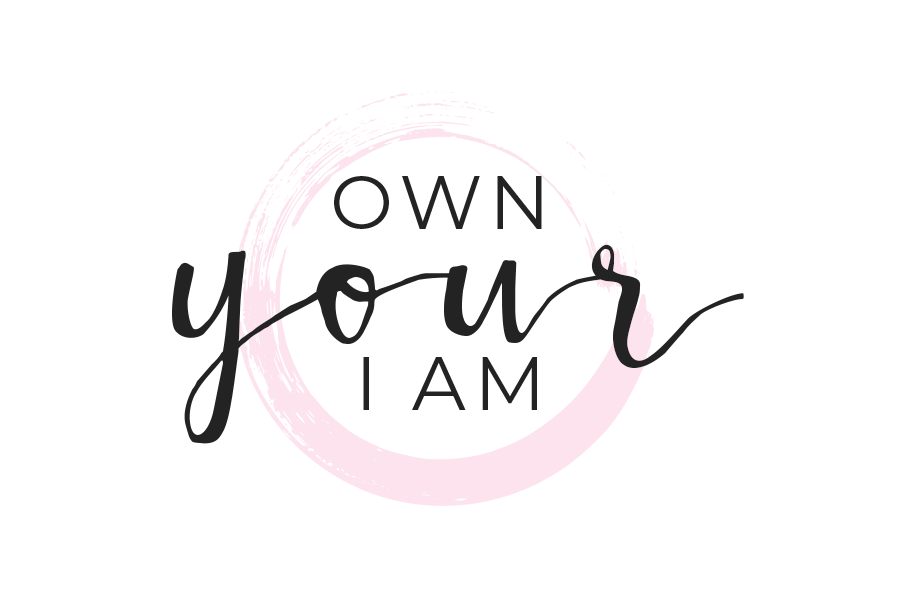
10 Jun RACHEL
How do you overcome any feelings of inadequacy or privilege?
I overcome these feelings by setting the standards for myself, and by having an amazing community of support. I surround myself with women of color of all shapes, sizes, hair styles, and clothing styles. The women in my life are supportive and empowering; they never make me feel like I’m not enough. Also, as a Christian, my identity comes from Christ, not from people. Christ says that I’m His beloved; I’m fearfully and wonderfully made; I’m clothes with dignity and strength; I speak wisdom; I’m worth more than rubies! What my God says about me is greater than what any person can say about me. At the end of the day, I don’t want to be “liked” or “accepted” by someone who views me/my features as anything less than they are – beautiful. It’s their fault if they think otherwise.
How does your culture handle colorism?
I’m Middle Eastern North African; Egyptian to be specific. In my culture, the lighter the skin, the blonder the hair, and the straighter the hair, the better. As many countries outside of America experience this as well – there is a desire to mimic Americans in all ways; music, culture, films. So, since people believe that the “typical” American is a white person with blue eyes and straight, blonde hair, that’s what they find beautiful because of what it represents, an American who has power and privilege. I find that people in my culture forget that they’re black. Yes, we’re light skinned, but we’re black. We have black features. We are located in Africa. Our ancestors were not light-skinned; we became light-skinned because of European colonialism. They tend to forget that, and enjoy the privilege of being confused for white people. It doesn’t help that according to the US Census, we’re considered white.

What does colorism look like today?
It’s very much present! Sometimes macro, sometimes micro. On a macro scale, it looks like bottles of cream to make your skin lighter; every model on TV being light, skinny, and blonde; the desirable character in a movie being light, skinny, and blonde; the “bad guy” is always non-white, usually dark-skinned. On a micro scale, it looks like my mother telling me not to stay in the sun too long, b/c a dark tan is “bad”; wondering why men on online dating sites post pictures featuring them and a group of light skinned women to look cool; when men say things like “
What do you feel can be done to combat colorism?
Oh my gosh – so much! Women of color need to continue supporting each other instead of bringing each other down. Building support for each other is so important! Men need to do the same – it hurts when men are gravitate towards a certain skin tone. More models/media figures of dark skinned women. The more we celebrate dark skin, the more people will have to recognize it as beautiful and be forced to deal with their colorist ideas Have tough conversations – calling people out, kindly but sternly, when they say things that perpetuate colorism.


Sorry, the comment form is closed at this time.